Genetics
-
 Health & Medicine
Health & MedicineA new type of immune cell may cause lifelong allergies
These special memory cells were present in people with allergies and absent in those without.
-
 Animals
AnimalsPaw-print DNA lets scientists track out-of-sight polar bears
This environmental DNA can aid in conserving species that are hard or dangerous to observe.
-
 Animals
AnimalsHere’s how kingfishers avoid concussions during high-speed dives
Understanding the genetic adaptations that protect the birds’ brains as they dive might one day offer clues to protecting human brains.
-
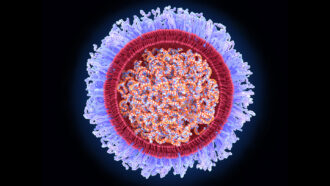 Health & Medicine
Health & MedicineRNA work that led to COVID-19 vaccines wins 2023 Nobel in medicine
Katalin Karikó and Drew Weissman overcame hurdles to using mRNA for medicine. This led to COVID vaccines — and maybe, one day, some for other infections.
-
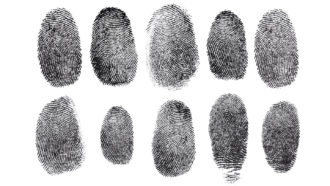 Genetics
GeneticsExperiment: Are fingerprint patterns inherited?
Let’s investigate whether fingerprint patterns are created randomly or whether they are influenced by genetics.
-
 Health & Medicine
Health & MedicineToddler now thrives after prenatal treatment for a genetic disease
Ayla was treated before birth for the rare, life-threatening Pompe disease. Now a thriving 16-month-old toddler, her treatments will still need to continue.
-
 Chemistry
ChemistryForensic scientists are gaining an edge on crime
Advances in forensic science are helping to recover invisible fingerprints and identify missing people from bits of tissue or bone.
-
 Genetics
GeneticsFor some kids, their rock-star hair comes naturally
A variant of a gene involved in hair-shaft formation was linked to most of the uncombable-hair-syndrome cases analyzed in a recent study.
By Meghan Rosen -
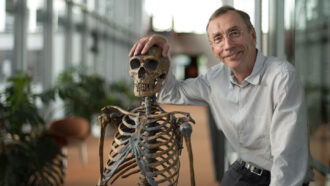 Health & Medicine
Health & MedicineExamining Neandertal and Denisovan DNA wins a 2022 Nobel Prize
Svante Pääbo figured out how to examine the genetic material from these hominid ‘cousins’ of modern humans.
By Tina Hesman Saey and Aimee Cunningham -
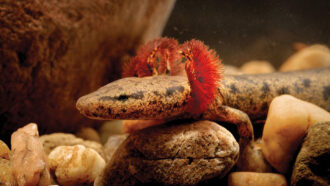 Animals
AnimalsLiving mysteries: This critter has 38 times more DNA than you do
The genomes of salamanders are bloated with genetic “parasites.” That extra DNA slows down their lives and strands them in perpetual childhood.
By Douglas Fox -
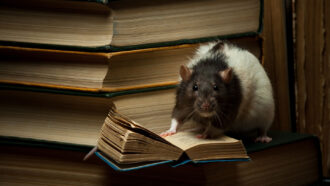 Archaeology
ArchaeologyRats can chronicle human history
Rats have lived alongside people for thousands of years. Now, scientists can study the rats and their leavings to learn more about ourselves.
-
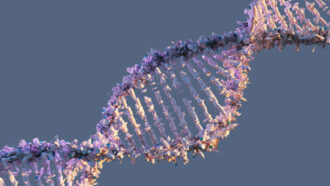 Genetics
GeneticsScientists Say: DNA
Short for deoxyribonucleic acid, DNA is the molecule that determines how each living thing looks and works.